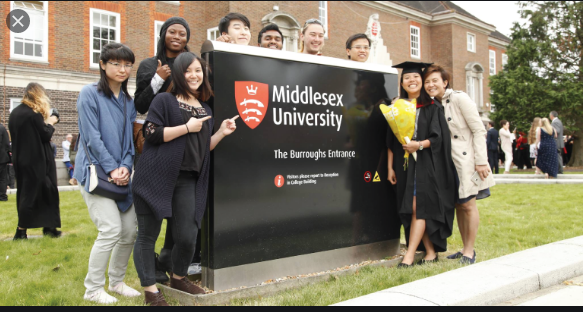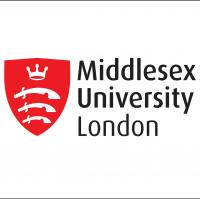Childhood and Education in Diverse Societies MA
Overview
The children’s workforce needs innovative and creative leaders who are confident to work with diverse communities to promote social justice. This programme builds on the diversity of London as a global city to empower you to transform conceptions of practice with children and young people, and to lead innovation in a changing world.
Why study MA Childhood and Education in Diverse Societies at Middlesex University?
In increasingly diverse societies it is essential that professionals have confidence in engaging with all forms of diversity and the skills to promote social justice. You will begin to think about childhood and education through the lens of ‘diverse societies’ which means you can learn through a comparative approach, and also develop your understanding of the diversity within societies.
You will be enabled to develop a critical and nuanced understanding of how childhood and education are constructed and experienced differently, reflecting the importance of context and the intersectional identities of individuals. You will have the opportunity to apply cutting edge theoretical and research-informed knowledge to your employment, if you already work in the sector or to voluntary experience, if you are not in relevant employment.
This course is ideal for graduates with an interest in working with children and families in the community, or taking a role within formal education.
Course highlights
- You will explore exciting and innovative theoretical perspectives throughout the course that draw together insights from a range of thinkers and practitioners from around the world
- You will have "real-world" opportunities to contribute in bringing about change through volunteering and work-related modules
- You will have the opportunity to develop advanced research and presentation skills, culminating in a conference presentation and a journal article.
Intakes
- Oct
Application Processing Time in Days: 30
Application Process
Minimum English Language Requirements
| English Level Description | IELTS (1.0 -9.0) | TOEFL IBT (0-120) | TOEFL CBT (0-300) | PTE (10-90) | |
|---|---|---|---|---|---|
| Expert | 9 | 120 | 297-300 | 86-90 | |
| Very Good | 8.5 | 115-119 | 280-293 | 83-86 | |
| Very Good | 8 | 110-114 | 270-280 | 79-83 | |
| Good | 7.5 | 102-109 | 253-267 | 73-79 | |
| Good | 7 | 94-101 | 240-253 | 65-73 | |
| Competent | 6.5 | 79-93 | 213-233 | 58-65 | |
| Competent | 6 | 60-78 | 170-210 | 50-58 | |
| Modest | 5.5 | 46-59 | 133-210 | 43-50 | |
| Modest | 5 | 35-45 | 107-133 | 36-43 | |
| Limited | 4 | 32-34 | 97-103 | 30-36 | |
| Extremely Limited | < 4 | < 31 | < 93 | < 30 |
Admission Requirement / Eligibility Criteria
Qualifications
We accept the equivalent of the above qualifications from a recognised overseas qualification:
- We normally require a second-class honours degree 2:2 or above in an appropriate subject (such as education studies, early childhood studies, sociology, politics), or an equivalent qualification
Further requirements
You will be required to undertake a DBS check
To find out more about the qualifications we accept from your country please visit the relevant support in your country page. If you are unsure about the suitability of your qualifications or would like help with your application, please contact your nearest regional office for support.
Visas and immigration
You will not need a visa to study in the UK if you are a citizen of the European Union, Iceland, Liechtenstein, Norway or Switzerland. If you are a national of any other country you may need a visa to study in the UK. Please see our visas and immigration page for further information.
- Course Type: Full Time
- Course Level: Masters/PG Degree
- Duration: 01 Year
-
Total Tuition Fee:
13000 GBP
Annual Cost of Living: 12006 GBP
Application Fee: N/A
Similar Programs
- LLM Human Rights Law with Integrated Placement at Middlesex University London
- LLM Employment Law at Middlesex University London
- LLM International Business Law at Middlesex University London
- LLM International Minority Rights Law at Middlesex University London
- LLM/PGDip/PGCert Law (General) at Middlesex University London
- Occupational Health and Safety and Environmental Management MSc/PGDip at Middlesex University London

